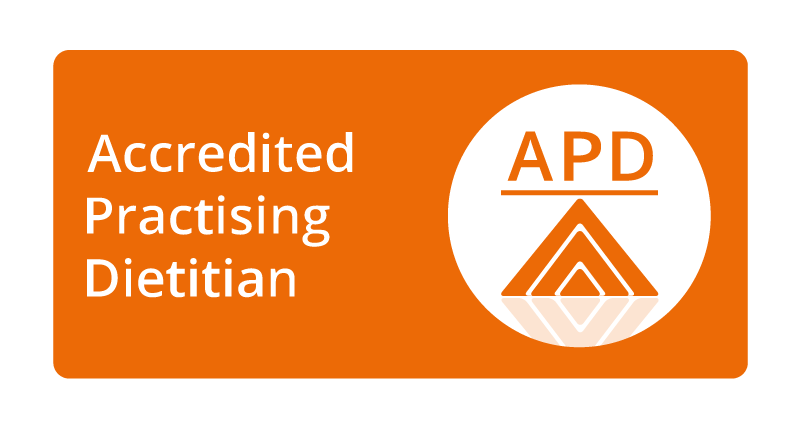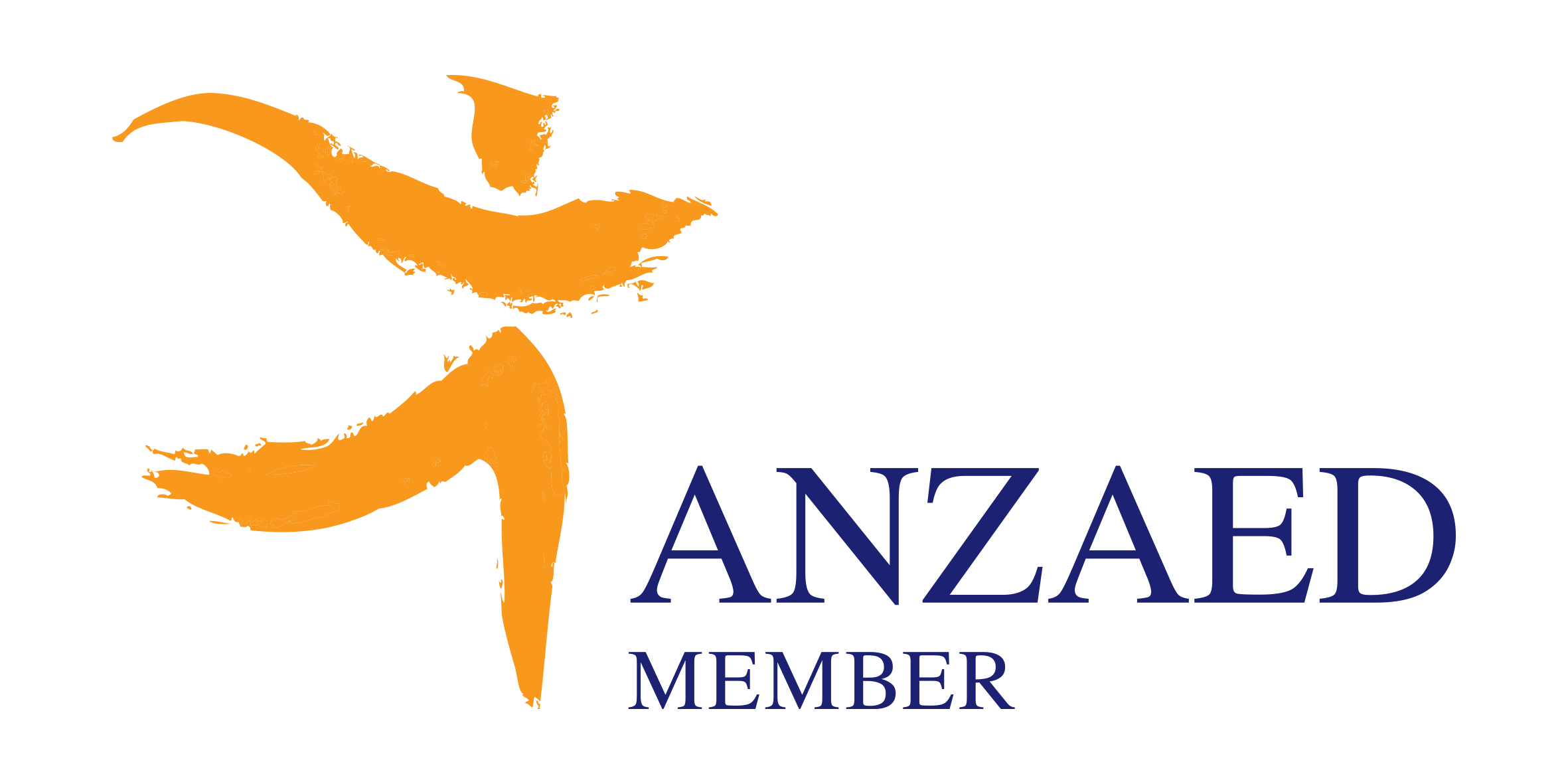Helen Barnett – Dietitian, APD
Masters Nutr&Diet, BSC (Uni Medal), BA (Ancient History), Grad Dip. Music (Opera), Dip Opera
I am an Accredited Practising Dietitian and member of the Dietitian’s Association of Australia having gained both a Bachelor of Science (with University Medal) from Charles Sturt University and a Master’s of Nutrition and Dietetics from the University of Canberra. Throughout my studies I worked as a research assistant working on numerous University research projects, including synthesising Carbon-13 enriched B12, and testing Cancer drugs, and my own Master’s research paper on Folate Supplementation in Depression was published at the end of 2017. I have a wide interest when it comes to Nutrition due to the fact that I am fascinated how nutrition impacts on human functioning on so many levels.
Nonetheless, I have particular interest in Eating Disorders, Body Image and Weight Concerns, emotional eating, chronic dieting, Polycystic Ovarian Syndrome, and Digestive Disorders including IBS, Food Intolerances, Coeliac Disease, Parasites, SIBO and IBD. I am particularly passionate about helping people improve their relationship with food by exploring past experiences with dieting, food rules and the impact of the “dieting culture” that we live in. As a Health at Every Size (R) aligned Dietitian, I like to work within the Non-Diet Approach as I believe this helps develop and restore a healthy relationship with food and body for my clients. Some of this no doubt emerged as a result of my years as a professional Opera Singer, where the pressure to look a certain way was immense. While our bodies are our instruments and we had to perform at an elite level, I worked in an era where the visual element of Opera was made to be just as important as the voice. This places me in a unique position to understand the complexities of performance, diet culture, media pressure and body image, and indeed was a driving force for me to become a dietitian and one day establish a Multidisciplinary Eating Disorders Clinic in Central Western NSW. In 2018 I received a HETI Allied Health Undergraduate Rural Scholarship to help me realise this aim.
Being a mum, I have an understanding of the practicalities of feeding a family – particularly when you are busy – as well as the challenges of having a child with food intolerances. I like to think I have a lot of empathy and compassion for parents struggling with feeding their kids on complicated regimes, while also having a desire to make things as easy, stress-free and as common-sense as possible.
Having grown up on a farm in Narromine in Central Western NSW, I am truly invested in helping country people receive adequate and appropriate access to health services.

What makes my approach Different?
As a Health at Every Size (R) aligned Dietitian I am trained to put your Health FIRST
We live in a society in which there is a lot of pressure to look a certain way. There is so much confusion around weight, body size and what it means to be healthy. It is often assumed that weight is the most important indicator of health, and in order to improve our health we must focus our attention on changing our weight. Consequently, this approach has resulted in the dominance of the “thin ideal” and strategies to control body size (such as dieting) within our culture. Many people are preoccupied with weight, size and shape, and we are bombarded with weight loss campaigns, diet books, boot camps etc from every angle. Unfortunately the “wellness” industry isn’t much better as this also suggests that we should aim for some sort of perfection – which quite frankly, isn’t achievable for most of us.
Research shows that 95% of people who go on a diet regain the weight they lost within 5 years, with 2/3 of people regaining even more weight. We also know that dieting is the biggest predictor of developing an eating disorder or disordered eating, and is highly correlated with poor body image, anxiety and depression. Many people I see have been dieting for years (i.e. Chronic dieters) and are miserable. They have lost weight quickly, been told they “look” great, only to regain the weight and end up feeling that they have failed. In reality, it is the diet that has failed them – but the tragedy is that they end up feeling worse about their bodies because if they were praised for losing weight then there must be something bad or wrong for now regaining it…??
My approach to health and well-being is unique in that I allow you to choose an approach which you feel fits with your values, lifestyle, past experiences and current goals: 1) Traditional diet program 2) Non-diet approach, 3) Opt-out no intervention. Following a thorough nutrition assessment, I discuss with you your options and together we work out strategies to improve your health and reach your goals. If you wish to pursue a traditional diet program, I can help you structure a plan, after explaining the risks and possible benefits. Likewise, if you choose a Non-diet approach, I can walk you through what is involved for you to make positive improvements in both your physical and psychological health.
What is a Non-Diet approach?
Stated simply, a non-diet approach aims to remove the rules of external diets and allows you to recognise internal body cues, such as hunger and fullness, so that you can nourish your body in appropriate amounts. Consequently, this enables you to self-regulate food intake without the aid of a meal plan as you have learned to “tune in” to your own body’s needs.
More specifically, the non-diet approach shuns traditional dietary prescription, such as calorie counting. It does not involve weighing food or your body, keeping a food diary, planning meals or special “diet foods”. In fact, using the Non-diet approach, all foods are embraced and there are NO “good” or “bad” foods. What it does encourage is understanding one’s relationship with food, and how denying food and creating food rules through dieting has only served to keep us trapped in a vicious cycle of restriction, excess (aka bingeing) then guilt, shame, remorse and then restriction….
My Philosophy
Over the last 10-20 years or so the non-Diet approach has become an increasingly robust method for dietary management – whether it be for weight loss, reducing cardiac risk, diabetes, PCOS or in Mental Health. It has shown promising results in the areas of quality of life, improved biochemical markers, improved psychological outcomes and reduction of yo-yo dieting. It is a mindful-based eating approach – encouraging a focus on responding to one’s internal eating cues such as hunger and fullness and the satisfaction and pleasure of eating, which also supports self-esteem, self-care and non-judgemental body acceptance. This style of dietary counselling aims to help people return to an intuitive and attuned style of eating: it is less dictatorial, and is instead a much gentler approach, allowing people to build skills and confidence in their own innate ability to select appropriate foods to nourish their bodies, in the appropriate amounts, when their hunger dictates.
I became attracted to both the Non-diet approach and Intuitive Eating because they focus on learning to love your body so you can be healthy. Rather than focusing on weight loss, the non-diet approach focuses on behaviours that improve a whole range of health outcomes, and these flow over into our daily lives. These include sleep quality, energy and vitality, mood and mental health, blood pressure, cholesterol, blood sugar levels, skin and hair, relationships….
The Non-Diet Approach is the application of the Health at Every Size (R) movement, which has 5 guiding principles:
- Accepting and respecting the diversity of body shapes and sizes
- Recognizing that health and well-being are multi-dimensional and that they include physical, social, spiritual, occupational, emotional and intellectual aspects
- Promoting all aspects of health and well-being for people of all sizes
- Promoting eating in a manner which balances individual nutritional needs, hunger, satiety, appetite and pleasure
- Promoting individually appropriate, enjoyable, life-enhancing physical activity, rather than exercise that is focused on a goal of weight loss
For more information about HAES (R) please visit https://www.sizediversityandhealth.org
For more information about the Non diet approach please visit https://www.healthnotdiets.com
My Qualifications
- Masters Nutrition and Dietetics
- Bachelor of Science (Univeristy Medal)
- Bachelor of Arts (Ancient History)
- Graduate Diploma of Music (Opera)
- Diploma of Opera
- Fellowship of Music – Singing (AMEB)
- Monash University Low FODMAP diet Training for Dietitians
- Microba Microbiome Analysis
- Motivational Interviewing I and II
- Health at Every Size (Day 1)
- CEDD Online Training for Health Professionals in Eating Disorders
- Marci Evan’s Online Nutritional Counselling for Eating Disorders training
- Body Image: The Missing Piece of whole body healing
- Eating Disorders in Sport
- Digestive Disorders and Eating Disorders: An interesting mix
- The RAVES Model for the Treatment of Eating Disorders
- The MAWDIVE Framework for the Management of Exercise and Eating Disorders
- CBT-E – Cognitive Behaviour Therapy Enhanced for Eating Disorders
- Family Based therapy – FBT for Anorexia
- Internal Family Systems (IFS) – 2 day Introduction to the Model
- Gut Smart – Inflammatory Bowel Disease
- SIBO Master Series
- DNA Testing in Practice – Bioceuticals
Publications and Conferences
Barnett et al, (2017) “The Effect of folate Supplementation on Inflammatory markers in Individuals Susceptible to Depression: A Systemmatic review” Exploratory Research and Hypotheses in Medicine. Available online here
Nutrition Society of Australia 2017 – Australia Pacific Conference of Clinical Nutrition – Poster Presentation of “The Effect of folate Supplementation on Inflammatory markers in Individuals Susceptible to Depression: A Systemmatic review”
Australian Society for Medical Research 2018 – Oral Presentation of “An Exploration of Clinician perspectives of Paediatric Feeding challenges in the Southern sector of the WNSW LHD”
Australian Society for Medical Research 2018 – Poster Presentation of “The Effect of folate Supplementation on Inflammatory markers in Individuals Susceptible to Depression: A Systemmatic review”
Canberra Health and Research Meeting 2018 – Oral Presentation of “The Effect of folate Supplementation on Inflammatory markers in Individuals Susceptible to Depression: A Systemmatic review”
Canberra Health and Research Meeting 2018 – Poster Presentation of “An exploration of Clinician perspectives of Paediatric Feeding challenges in the Southern sector of the WNSW LHD”
Continuing Professional Development
As I work with Eating Disorders Clients, I have Supervision Once a month for support in case management, de-briefing, extending and furthering my skills and knowledge and advice on further training
I have subscriptions to online training platforms fro monthly webinars on a range of nutrition topics specific to dietetics:
- Education in Nutrition
- Dietitian Connection
- EDRDpro
- ANZAED
I am enrolled in numerous online courses, along with attending numerous face-to-face courses and conferences
As a member of Dietetics Association of Australia I am required to undertake 30hrs of Continuing Professional Development per year.


